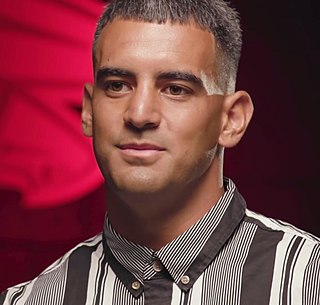A Quote by John Rowland
If you feel your school is failing you, the question is why. Is it a lack of parental involvement, large classes, school violence, poor learning environment? Are there any standards to determine where problems are? Are there tutoring or mentoring programs? If the school is still failing after 3 years then what are your options?
Related Quotes
If you're afraid to talk to the other adults in your school it is definitely throughout history the hallmark of a failing school. When I was writing about the teachers' strike in New York City in 1968, the middle school where events triggered that strike was a place where teachers were known to hide in their classrooms.
From the standpoint of the child, the great waste in the school comes from his inability to utilize the experiences he gets outside the school in any complete and free way within the school itself; while, on the other hand, he is unable to apply in daily life what he is learning at school. That is the isolation of the school — its isolation from life.
I was lucky enough to go to college for four years. At what was supposedly a hippie school with no tests and no grades, blah blah blah, I wasn't learning that. I was taking photography classes. That stuff just wasn't talked about. It was like, "Does this picture have the right about of grey in it?" It wasn't even an art school. It was a state-run school.
I feel education is more important even now for the younger generation than when I was younger. The kids really need to buckle down and get a good education. That's why it's so important to have computer programs and good tutoring programs, so they can have fun in school. It also keeps them out of trouble.

































